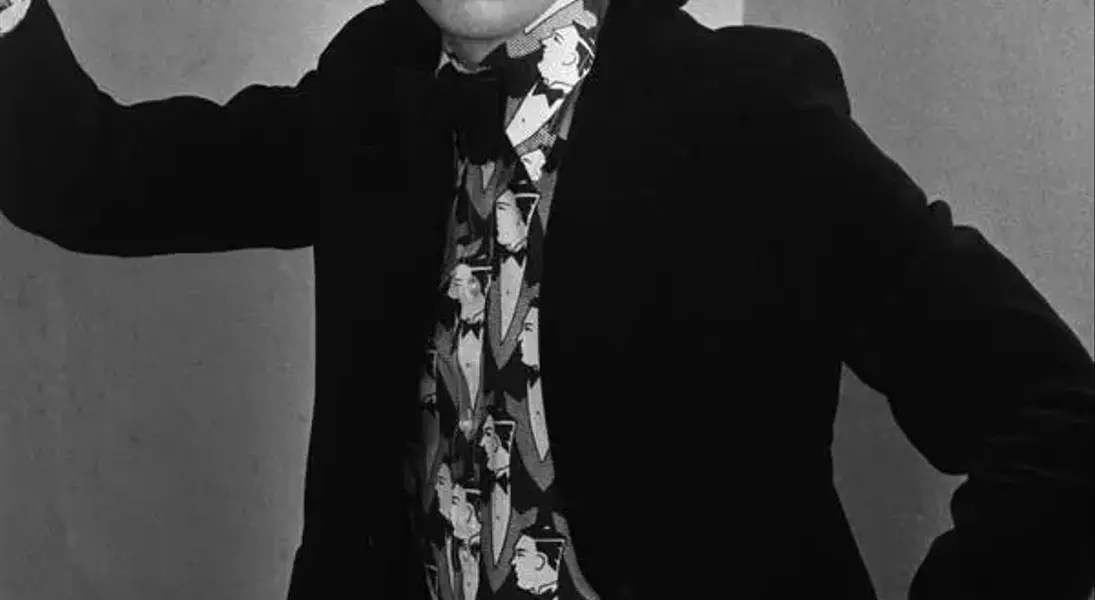

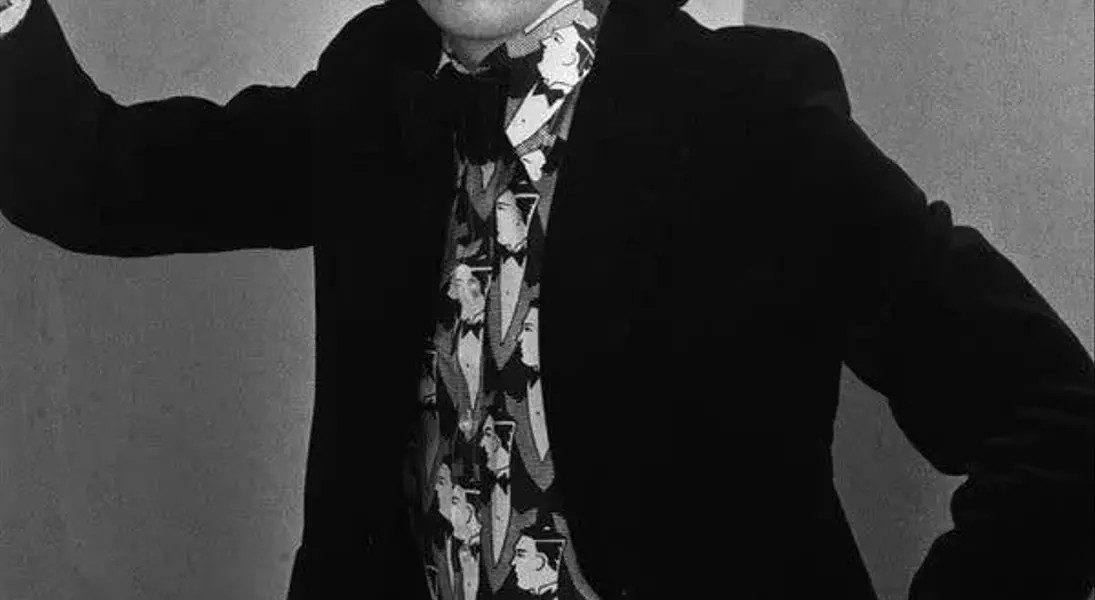
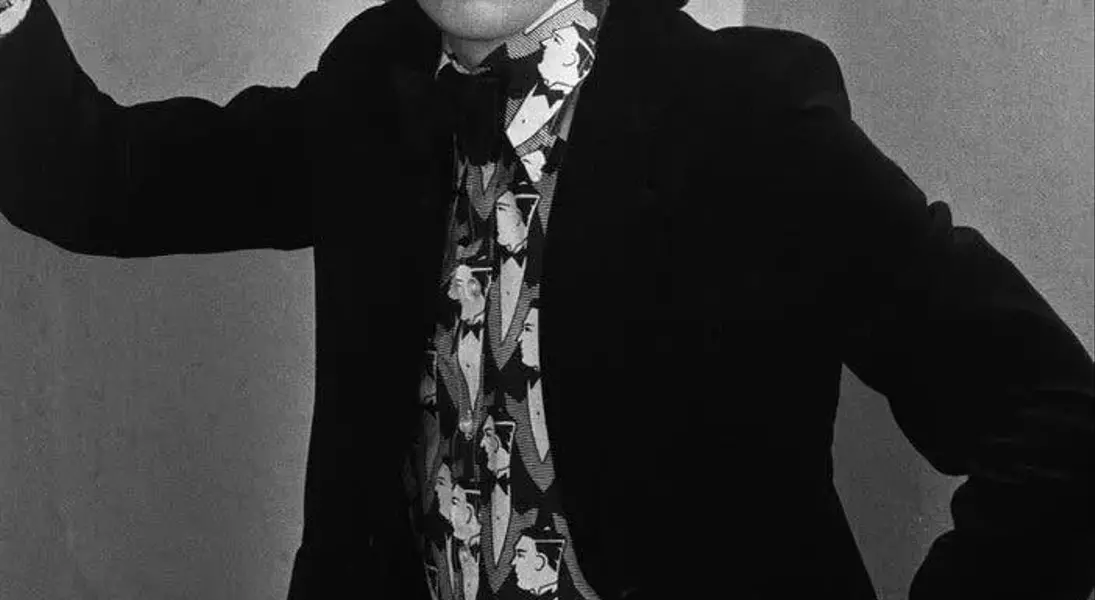
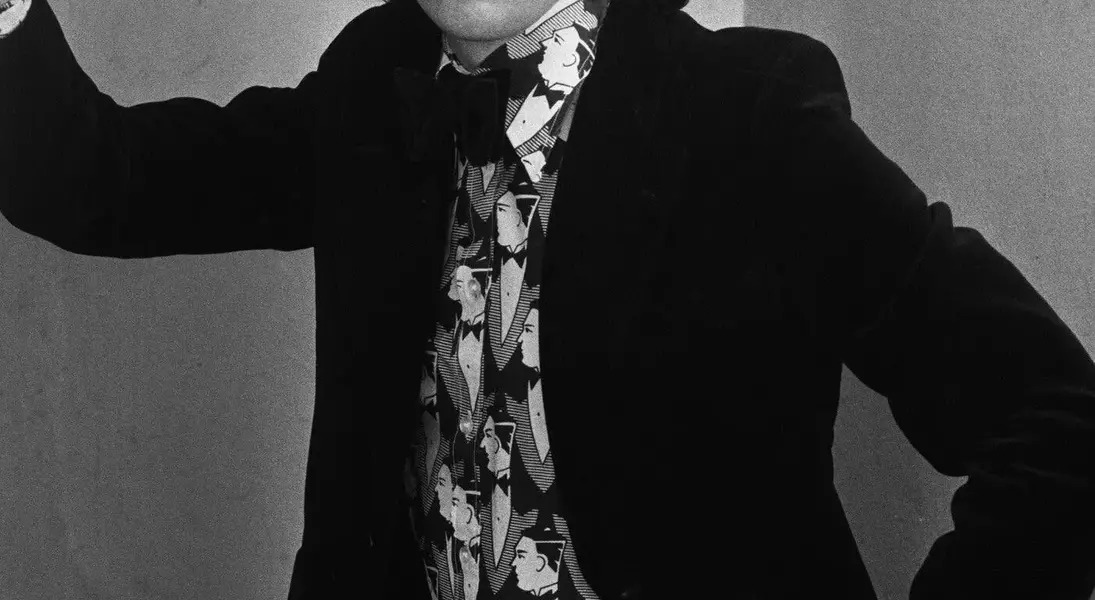
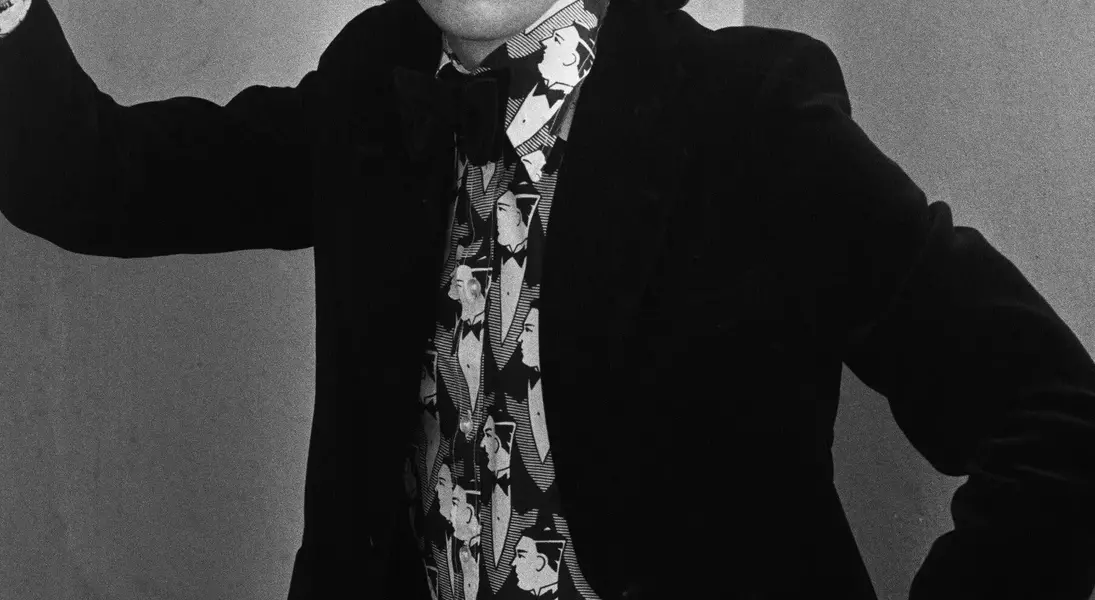
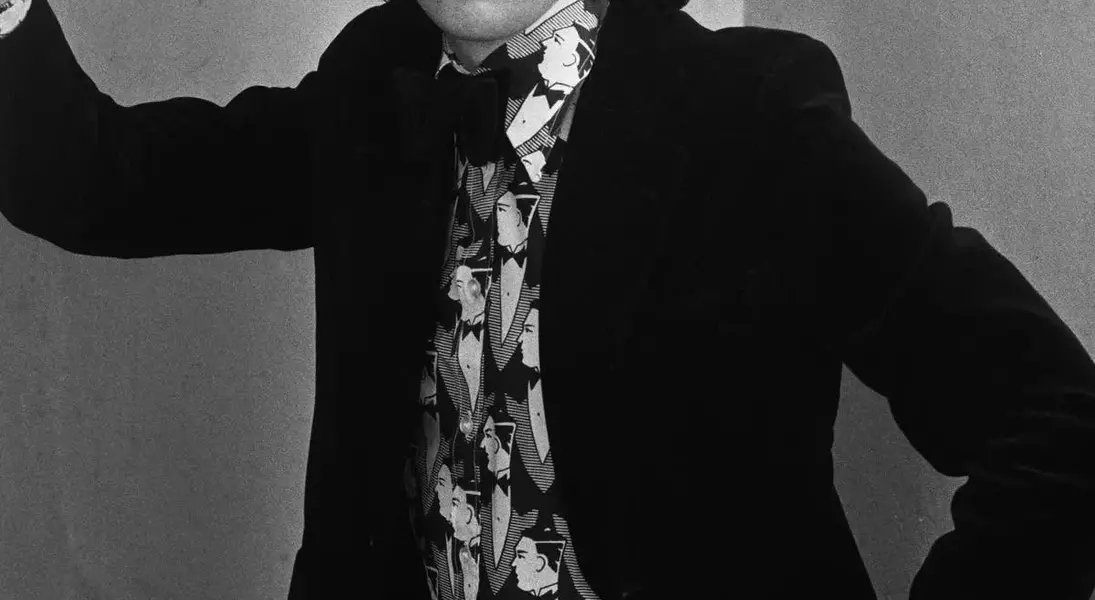


Tim Curry, the iconic actor known for his memorable roles, especially as Frank-N-Furter in \"The Rocky Horror Picture Show,\" has penned a new memoir titled \"Vagabond.\" This book offers a deeply personal look into his life, career, and his arduous journey of recovery from a stroke in 2012. Curry's narrative skillfully intertwines his professional milestones with intimate reflections, showcasing his resilience and enduring artistic spirit while steadfastly maintaining his privacy regarding personal relationships.
Tim Curry's Candid Reflections on His \"Vagabond\" Journey
In a recent interview held in Hollywood, the distinguished British actor Tim Curry, now 79, candidly discussed his new memoir, \"Vagabond.\" The book navigates his rich performing career, from his groundbreaking role in \"The Rocky Horror Picture Show\" to his varied theatrical and cinematic achievements. Curry revealed his initial reluctance towards memoir writing, citing the pressure to disclose every personal detail. He humorously recalled Errol Flynn's autobiography, \"My Wicked, Wicked Ways,\" contrasting it with his own more measured approach, though he acknowledged a period of cocaine use in 1980s New York. A significant portion of the book is dedicated to his life-altering stroke in 2012, an event from which he candidly admits he has been \"recovering for quite a long time.\"
Curry firmly draws a boundary around his romantic life, stating in the introduction that specifics about his \"affairs of the heart or the bedroom\" are private. He emphasized the vulnerability inherent in autobiography, contrasting it with the ability to \"hide\" behind characters in acting. This openness is a hallmark of his career, beginning with his uninhibited performance in the 1968 London production of \"Hair\" and his captivating portrayal of Frank-N-Furter on stage. Despite the physical challenges of recovering from his stroke, which left him in a wheelchair, Curry remains creatively driven. He cannot fathom fully retiring and expressed a desire to continue \"trying to stretch\" his artistic boundaries.
Reflecting on his memoir, Curry expressed mixed feelings, particularly regarding his use of language, which he described as a \"rich Anglo-Saxon vocabulary.\" He also voiced a poignant regret about his relationship with his mother. The title \"Vagabond\" holds multiple meanings for Curry: his peripatetic childhood as the son of a Royal Navy chaplain, his itinerant acting career, and a historical nod to how actors were once grouped with \"thieves and vagabonds.\"
Born in England, Curry's early life was marked by his mother's volatile temper, which he later drew upon for menacing characters like Pennywise in the TV mini-series \"It.\" His father's death when Curry was 12 influenced his empathetic portrayal of Long John Silver in \"Muppet Treasure Island.\" Each of these significant roles, along with Wadsworth from \"Clue\" and King Arthur from \"Spamalot,\" are explored in individual chapters.
During the interview, Curry's frankness extended to his stroke, which occurred on July 13, 2012, during a massage. He vividly described the experience as being \"way too close to death,\" recounting the removal of blood clots from his brain. His manager, Marcia Hurwitz, played a crucial role in protecting his privacy during his initial recovery, even moving him between hospitals under an alias to avoid media attention from outlets like TMZ.
The stroke severely impacted Curry, causing paralysis on his left side and temporarily impairing his speech. He recalled his father's similar experience, fearing the same outcome. Miraculously, his distinctive British voice gradually returned on its own, a testament to his resilient spirit. This recovery allowed him to narrate the audiobook version of \"Vagabond,\" a task that took over a month but was essential for maintaining the authenticity of his story.
Curry asserted that he does not dwell on the past, yet he always envisioned writing a memoir, with his memories organized by collaborator Domenica Alioto. The book is characterized by his dry wit and philosophical insights, including a formative experience in Marrakech that led to a commitment to \"exploring all our contradictions.\" His portrayal of Frank in \"Rocky Horror\" reinforced this philosophy, teaching him \"not to limit myself — artistically, professionally, sexually or mentally.\" The enduring impact of \"Rocky Horror\" was highlighted when chef Sal Marino, a friend of Curry's, inquired about his last viewing of the film. Curry revealed it was in 1978, with his rock band, amusingly noting that his drummer was relieved not to have to dress up.
One of the memoir's most courageous disclosures concerns his dismissal from a 2011 Chichester Festival Theater production of Tom Stoppard's \"Rosencrantz and Guildenstern Are Dead.\" He attributed this to his inability to remember lines, calling it a \"humiliating\" experience. Curry explained his decision to include this setback, emphasizing the importance of revealing the challenging realities of an actor's life, rather than presenting a glamorized version. This marked his last theater role, though he expresses a desire to return to the stage, perhaps to tackle classical parts in Britain, if he can regain his \"mojo.\"
Towards the end of the interview, Curry, despite admitting to being in pain, continued the conversation professionally. He mentioned his recent busy schedule of interviews and public events related to the 50th anniversary of \"Rocky Horror\" and his memoir. His typical days are now quieter, often spent resting or taking short \"tours around the garden.\" He plans to travel to England for Christmas, his first visit since the Chichester incident, to reconnect with his roots and loved ones. With his memoir complete, Curry finds himself missing the initiation of new creative endeavors and is actively seeking his next artistic venture.
Tim Curry's journey, as laid bare in \"Vagabond,\" offers profound insights into the nature of resilience and the unwavering power of the human spirit. His story reminds us that true artistry transcends physical limitations and that creativity can be a powerful force in navigating life's most challenging chapters. It highlights the importance of embracing authenticity, even when it means confronting uncomfortable truths, and inspires us to find new paths for expression and connection, no matter the circumstances.
